In the afternoon of September 23rd, 2019, a seminar on “Family Legacy and Professionalization of Public Welfare Organizations” was held at the China Global Philanthropy Institute (“CGPI”) in Beijing. The seminar discussed in depth the essential role of family foundations in the philanthropy industry, the professionalization of non-profit organizations in China, and the current state of communication, cooperation and development of philanthropy between the US and China.
Dean Wang Zhenyao signed a copyright license agreement with David Denmark, CEO of the Maclellan Foundation, for a series of training materials focusing on governance and generous donations, and presented him with an Honorary Advisor Certificate.
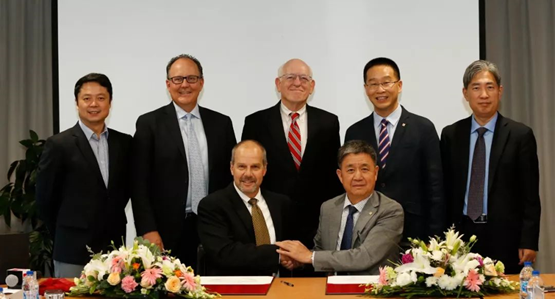
More than 20 guests attended the seminar and gave excellent speeches, including Wang Zhenyao, Dean of China Global Philanthropy Institute, Fu Changbo, Assistant Dean of China Global Philanthropy Institute, David Denmark, CEO of Maclellan Foundation, Tom McCallie, former Executive Director of Maclellan Foundation, Daryl Heald, member of the Maclellan family and Director of Maclellan Foundation, Liu Borong, Chairman of the Board of Directors of China DAF (Donor Advised Fund) Charity, Li Jin, Executive Vice Chairman of the Board of Directors and Secretary-General of Sany Foundation, Hao Ruixi, Program Officer of Bill & Melinda Gates Foundation, Xu Benliang, Chairman of the Board of Directors of Shanghai Zhuoyue Public Welfare Organization Development Centre, Zhai Yan, Chairman of the Board of Directors of Pro Bono Foundation, and Yao Xiaoxun, Head of Research Department of China Youth Development Foundation.
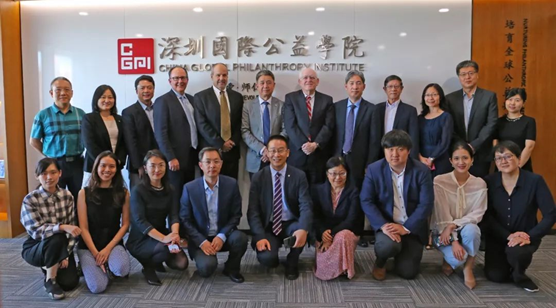
Dean Wang Zhenyao highly praised the “Course Series of Integrity in Non-Profit Organizations” sponsored by the Maclellan Foundation, saying that the training was groundbreaking and has had a profound impact to date. The updated version of the course materials and related training will promote new developments in philanthropy, generate powerful actions and contribute to the philanthropy legacy.
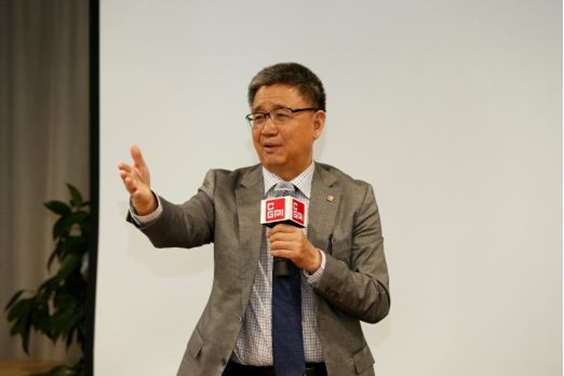
David Denmark recalled that 19 years ago, Yan Mingfu, then President of China Charity Federation, led a delegation to the US for a study tour at the invitation of the Maclellan Foundation, which is an unforgettable chapter for Sino-US communication and cooperation. Mr. Danmark also expressed his hope to work with CGPI to promote the professional development of philanthropy and social organizations in China.

Tom McCallie and Daryl Heald spoke about their respective families’ deep affinity and connection to China. Mr. McCallie has visited China about 20 times, forming an inseparable bond with China.
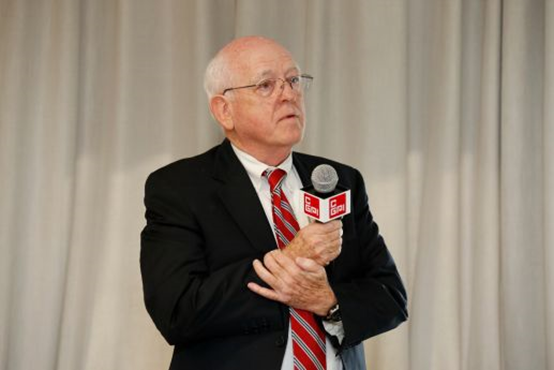
Tom McCallie, former Executive Director of Maclellan Foundation

Daryl Heald, member of the Maclellan family and Director of Maclellan Foundation
Mr. Liu Borong, Chairman of the Board of Directors of China DAF (Donor Advised Fund) Charity, has been continuously promoting the development of the Donor Advised Fund (DAF) and exploring ways to better engage professionals in the philanthropy industry in China. The DAF Philanthropy Advisor Training Projects will be launched in spring of 2020, hopefully, to enable more professionals to know and get involved in philanthropy.
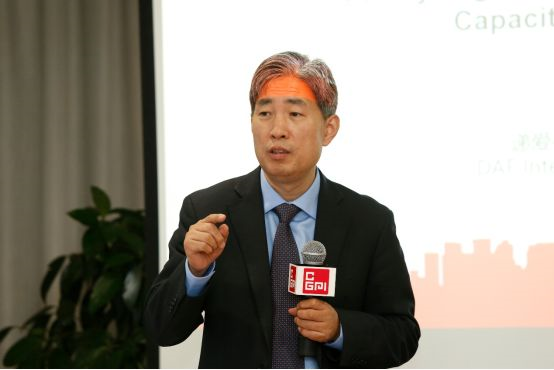
Xu Benliang, Chairman of the Board of Directors of Shanghai Zhuoyue Charity Organization Development Centre, is one of the inaugural participants of the “Course Series of Integrity in Non-Profit Organizations”. He said that more than a decade ago, he and some of his peers were of the opinion that philanthropy was only about love with no need to emphasize accountability. However, the systematic training in this course has changed his view and life. This was the beginning of his ambition to become a trainer in public welfare courses.
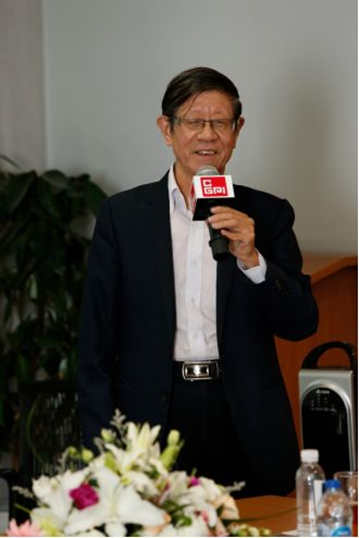
Li Jin, Executive Vice Chairman of the Board of Directors and Secretary-General of Sany Foundation, is also one of the inaugural participants of the “Course Series of Integrity in Non-Profit Organizations”. He said that China’s philanthropy industry is deeply internet-based and localized, with not much impulse to “learn from the best of western experience”. Currently, it is China’s local enterprises and entrepreneurs who are influencing the development of philanthropy in China. To get the Chinese wealthy families and high-net-worth individuals involved, it is essential to hold exchange events that expose the Chinese wealthy to the philanthropic visions and practices of the western wealthy.
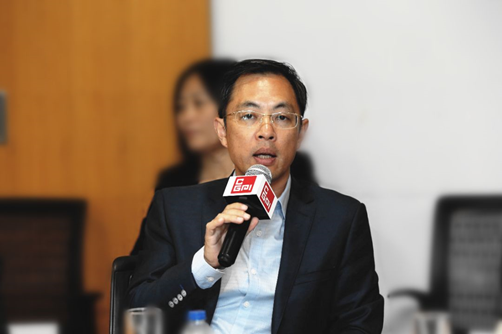
As one of the representatives of the former participants, Zhai Yan, Chairman of the Board of Directors of China Pro Bono Foundation, also shared her observations and reflections. She believes that the Course Series of Integrity in Non-Profit Organizations have enlightened her understanding of key concepts in the philanthropy industry and made her more aware that philanthropy requires not only love but also wisdom. It is important to be wiser in advancing philanthropy. She stated that three key groups need to be targeted in the update of the courses: entrepreneurs/wealthy people, professionals, and practitioners in social organizations.
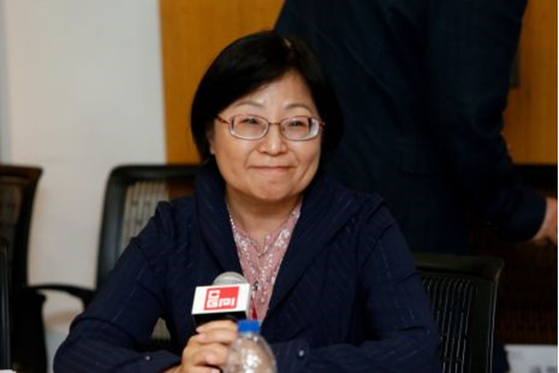
Hao Ruixi, Program Officer of Bill & Melinda Gates Foundation, said that the development of the Internet and digital technology has profoundly influenced and even reshaped the landscape of public welfare. The involvement of the new generation, especially the post-1990s, overseas returnees and those from other fields, such as business, has also enriched the background of public welfare practitioners. In this era of rapid development, it is necessary to make good use of the technology while not failing to pay attention to the foundations of philanthropy, including the advocacy of values and the research and popularization of philanthropic ethics.
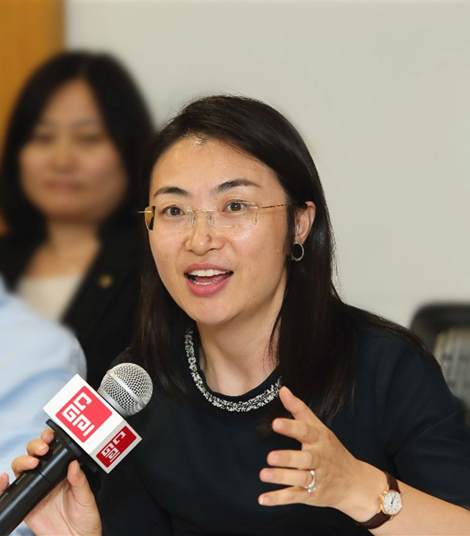
Fu Changbo, Assistant Dean of China Global Philanthropy Institute, summarized the seminar and raised some questions for consideration and exploration: China has undergone radical changes in the past 40 years since the reform and opening-up policy, where are the lessons to be learnt from foreign philanthropy? What are the key factors for the development of philanthropy in China? Is it more efficient for philanthropists to donate their wealth to society, or to give it to the government through taxation? The training of philanthropic talents must take a pragmatic approach, exploring a path that balances good and fortune and promoting private capital in the service of public purposes.
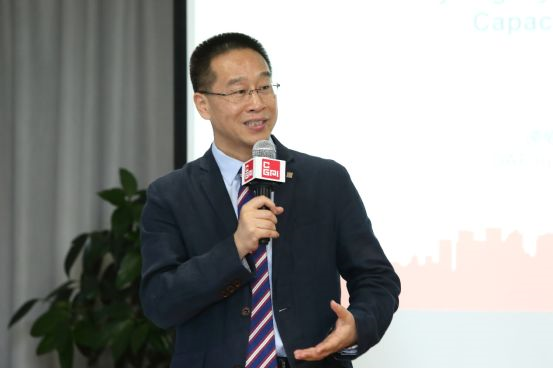
相关报道
本文源自:深圳国际公益学院

